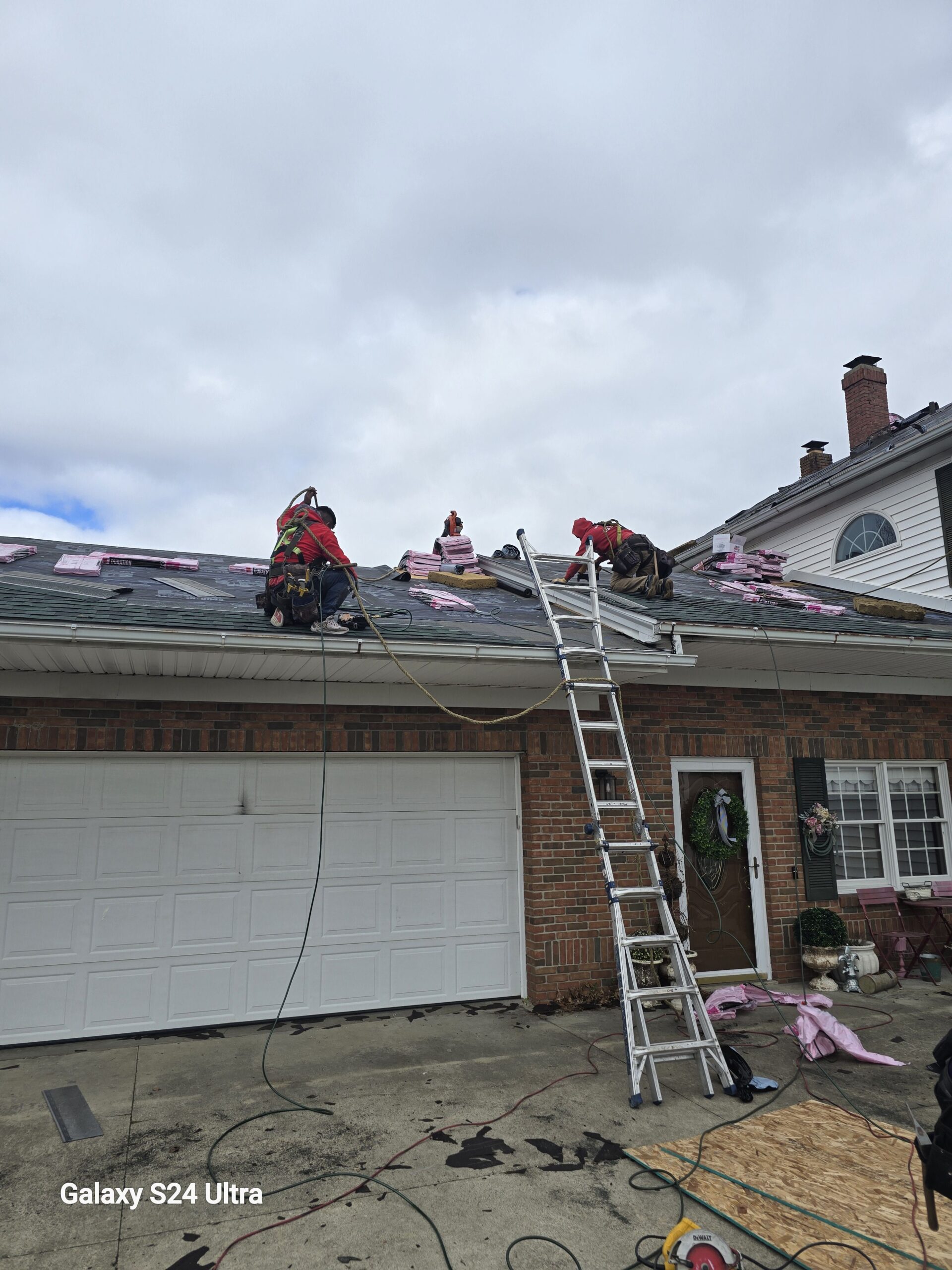The Importance of Snow Removal from Commercial Roofs: Protecting Your Investment and Ensuring Safety
In regions like Ashtabula, Ohio, where heavy snowfall is common, commercial property owners must prioritize snow removal from their roofs. Accumulated snow poses significant risks, including structural damage, safety hazards, and operational disruptions. Implementing effective snow removal strategies is crucial to maintain the integrity of your building and ensure the safety of occupants and visitors.
Understanding the Risks of Snow Accumulation
Structural Damage
Snow accumulation adds considerable weight to a roof. Flat or low-sloped roofs are particularly vulnerable, as they lack the natural shedding capabilities of steeper designs. Excessive snow load can lead to deformation, cracking, or even collapse of the roof structure. Regular snow removal helps prevent these issues by maintaining a safe weight load on the roof
Water Damage and Ice Dams
Melting snow can seep into roofing materials, leading to leaks and water damage. Blocked drainage systems exacerbate this problem, causing water to pool and increase the risk of leaks. Additionally, ice dams can form when melting snow refreezes at the roof’s edge, preventing proper drainage and leading to further water intrusion.
Safety Hazards
Accumulated snow and ice can fall unexpectedly, posing risks to pedestrians and vehicles below. Furthermore, snow-covered roofs can conceal hazards, increasing the risk of accidents during maintenance or inspections.
Best Practices for Snow Removal
Professional Snow Removal Services
Engaging professional snow removal services ensures that snow is cleared safely and effectively. Professionals have the necessary equipment and expertise to remove snow without damaging the roof or endangering workers.
Regular Inspections
Conducting regular roof inspections, especially after heavy snowfall, helps identify potential issues early. Inspections can reveal signs of stress, leaks, or damage, allowing for timely repairs and maintenance.
Proper Equipment
Using appropriate snow removal tools, such as roof rakes with wheels, minimizes the risk of damaging roofing materials. These tools allow for safe snow removal from the ground, reducing the need for workers to access the roof directly.
Preventative Measures
Roof Design and Maintenance
Incorporating design elements that facilitate snow shedding, such as sloped roofs and smooth surfaces, can reduce snow accumulation. Regular maintenance, including clearing debris from gutters and ensuring proper insulation, helps prevent ice dams and water damage.
Snow Load Monitoring
Monitoring snow load on the roof allows for proactive snow removal before reaching critical weight thresholds. Utilizing snow load calculators and adhering to local building codes ensures that the roof can handle expected snow loads.
Conclusion
Effective snow removal from commercial roofs is essential for protecting your property, ensuring safety, and maintaining uninterrupted operations. By understanding the risks associated with snow accumulation and implementing best practices for snow removal and prevention, commercial property owners can safeguard their investments and provide a safe environment for occupants and visitors.
Note: This article provides an overview of the importance of snow removal from commercial roofs. For specific guidance tailored to your building’s needs, consult with professional roofing and snow removal services.
 (440) 307-2060
(440) 307-2060



